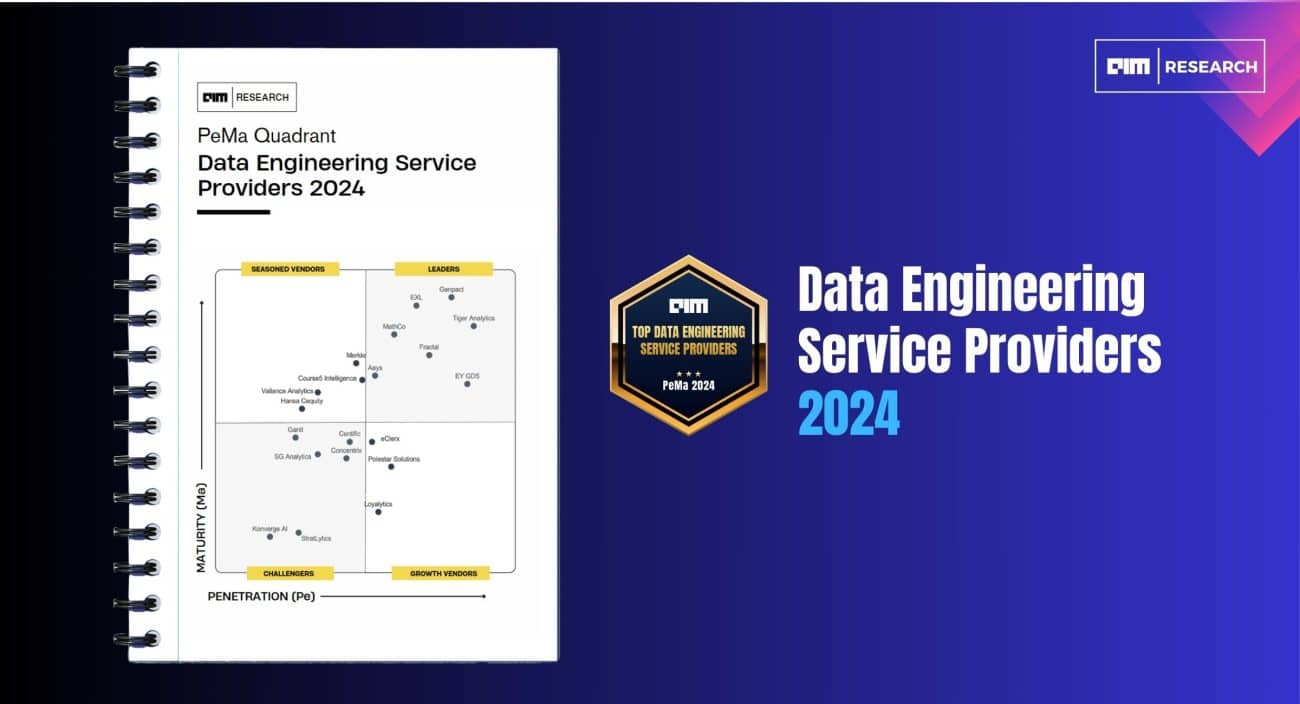With online learning being the new buzzword among professionals looking to proactively upskill themselves, ed-tech firms have responded by expanding the depth and breadth of their courses as well as offering some of them for free or at affordable rates.
This has generated a breed of first-time online learners who are just discovering the benefits of digital courses. With top programs by renowned universities and learning material curated by subject-matter experts, these learners are enrolling in droves while balancing work and other commitments.
However, even online classes can present unique challenges. It demands discipline in daily routine and a dogged determination to learn. Here are some tips for both early adopters and longtime online learners to get the most out of these courses:-
Develop Digital Literacy & Meet Course Prerequisites
At the risk of stating the obvious, online classes require a certain level of technological proficiency. This includes the ability to fix basic tech glitches, troubleshoot when required, and even successfully participate in discussion forums. While it may be safe to assume that most people are tech-savvy in this day and age, older generations who are turning to online classes may struggle to acclimate themselves to the digital learning environment initially.
Taking recourse to video tutorials that describe the steps to manage and follow online courses is one way to overcome technical difficulties. This will also keep you well informed and prepared to navigate the course more efficiently, and enable you to explore all tools offered in the course module.
Additionally, many courses – especially those anchored around new technologies like data science and AI – many expect learners to implement certain prerequisites just to be eligible for the course. This may include knowledge or experience of certain tools, frameworks and libraries, to be able to get the most out of the course. This may throw off some new online learners, but the key is to meet all course prerequisites first and then enrol for the classes.
Overcome Limitations Of Online Learning
Online courses, though an ideal means to upskill in the digital age, is not without its limitations. Oftentimes, learners complain of a lag in the time between when they post a query or doubt to instructors or peers in the forums. Consequently, one should learn to find answers on online forums such as Stack Overflow. Although the answers might not directly address your problems, it can help you in understanding the right approach. Completely relying on answers from mentors and peers can make you anxious due to delay in their responses. This can lead to lack of motivation to continue if it happens more than a few times.
However, you can enrol in courses that come with one-on-one mentorship to ensure you get help in almost real-time. Although most of these may not be entirely free, it is worth investing in a mentor who carries the experience and knowledge to guide you when you are stuck or need urgent help.
ALSO READ: Benefits Of Having A One-On-One Mentor In Data Science
Practice Time Management & Set Daily Goals
One of the biggest advantages of online learning is the flexibility it affords to create your own schedule, but it will all be for nought if you do not practice good time management skills. One way to incorporate this into your routine is by setting daily goals.
Develop a schedule that answers what you want to accomplish in your course each day. Be realistic about these goals — make a note of the syllabus and the number of assignments to be submitted, and compare it against your learning style while factoring in prior commitments as well. Log them into your to-do list app or mark them in your calendar, so you are prepared in advance. It will also help you stay motivated and organised.
If your work does not allow you to take out a significant amount of time during the week, create a weekly schedule and designate more hours over the weekend to complete more demanding tasks, like assignments. Preparing a detailed plan around reading, listening to lectures and participating in forums will also help stave off procrastination.
More importantly, do not despair if you are unable to meet your daily or weekly goals. Take time to reflect, revisit and reorient your goals from time to time. The ultimate goal is to learn, and you should keep adjusting your schedule until it becomes a habit.
ALSO READ: Adoption Of Online Learning During Lockdowns
Select Courses That Can Give Practical Training
When selecting courses online, it is not enough to go over the syllabus and the skills you are likely to have gained on completion. The only way you will retain all the new information is by practising it and undergoing experiential learning, and some courses focus on this aspect as well.
Going beyond theoretical content, they allow learners to practice their skills by providing practical courses that have simulators. Simulators recreate real-life situations for learners such that they can practice and train in a way that the knowledge becomes useful to them when they start to implement it in their professional lives. Although most courses overlook this aspect when designing their training modules, having this component will be a bonus and help you apply your new skills to practical use.
Find A Study Buddy To Hold Yourself Accountable
Having a friend or a family member take the course with you can help you meet your targets and keep yourself motivated. You can also post your progress on social media, or share your insights with the peer community taking the course with you.
Finding a virtual supportive learning community can also offer a break to the routine of studying in silos, which can be a struggle for some people. Actively participating in discussions with likeminded people can also help you get a better hold of the content and may keep the passion for learning alive.
They are also a great place to ask questions about assignments and share resources in the absence of a regular learning environment. By leveraging this network to collaborate with professors and instructors, you can make the most of this course.
Create A Dedicated Space To Study
Setting up a dedicated learning environment for this purpose will help you establish a routine around this activity. It does not have to mimic the look and feel of your workstation in the office, and can simply be a corner in your house where you can expect minimum distractions.
Keep making small changes to your study space that can help boost your productivity. For instance, keep your reference books, earphones or notepads in the area and try not to move them around. Also, ensure that it does not have a spotty internet connection. But what is most important is that it helps you slip into a routine while keeping you organised.
ALSO READ: Benefits Of Having A One-On-One Mentor In Data Science
Minimise Distractions – Both Onscreen & Offscreen
A good place to start would be to close all pending browser tabs and put your phone away. Turn off all web notifications – email, social media, to-do alerts, etc. — eliminate anything that is likely to cause distraction and derail you from meeting your deadline. One way to do this is by downloading a website blocker.
While music can boost someone’s productivity and concentration, others might prefer a quiet environment to enable learning. Based on what setting you thrive in, lessen or manage your distractions to get the most out of the time that you have dedicated in the day or week to finish your course.
Another way to focus better is to enable subtitles when learning from video tutorials. It is a known fact that turning on captions when watching videos can help you focus and retain better.
Take Regular Breaks
Hitting a roadblock, or being stuck with a problem can be frustrating, especially when you want the most out of the time, you have carefully invested in learning while balancing a full-time job. But allowing yourself to step back and resume after a short break can actually help you.
Oftentimes when trying to solve a problem for a long time, it becomes a challenge to break out of the tunnel vision and avoid missing something in plain sight. Thus, giving yourself ample breaks is critical to performing well, and even provide you with new ideas to tackle the problem.








































